With the recent release of Android 16 Developer Preview 2, Google has overhauled the multitasking ecosystem in Android. Of these changes, perhaps one of the major updates to feature is a 90:10 split-screen ratio that will become the ultimate game-changing feature for devices, especially tablets and smartphones. This move places Android tablets, such as the premium Xiaomi units, closer than ever to offering a computer-like user experience.
Enhanced multitasking capabilities with a 90:10 split-screen ratio
Conventionally, Android devices were able to support split-screen ratios from two main endpoints: 50:50, which allowed similar real estate for a couple of operating applications, while 70:30 allowed more prime space for application use.
Normally, these always tend to fall short regarding how multitasking would be appropriately used on smaller screens, but the more newly introduced idea of a split-screen ratio further enables users to dedicate 90% of this screen to just one primary application in which they maintain focus, all while reserving only 10% for all secondary applications.
This configuration is useful for scenarios where the users are required to focus with much intensity on an app-for example, editing documents or attending virtual meetings-while referencing another one fast for support information.
Although in the Android 16 DP2 the 90:10 ratio is not fully enabled, some operational capabilities are revealed with early debugging. Already, users can:
- Drag the split-screen divider to allocate only 10% of the screen to one app and maximize the other to 90%.
- Tap the minimized app in the 10 percent section to expand it to full screen instantly.
- This is currently exclusive to apps positioned in the smaller section of the split-screen.
This suggests that refinements are going on with a more sophisticated multitasking environment that can really make Android tablets serious competitors to traditional laptops for most people.
Introducing “Bubble Anything” for Superior
Multitasking And aside from these enhanced features on split-screen, reportedly, Google is working on something new called “Bubble Anything,” which lets users open any app in a floating bubble overlay to get into multitasking easily without needing to disrupt the main app in current use. For example, one might want to watch a YouTube tutorial while taking notes in a document or looking for delivery updates on some chat app as one navigates through e-commerce sites.
This feature is expected to be particularly useful for professionals and students who multitask a lot.
Implications for Xiaomi Tablets
These upgrades in Android 16 can massively enhance the attractiveness of Xiaomi’s tablet range, including, but not limited to, the Xiaomi Pad 6 series and the upcoming Xiaomi Pad 7. More multitasking capabilities, such as a split-screen view of up to 90:10, will even allow “Bubble Anything.”.
This would make devices with Xiaomi’s own ecosystem innovations-HyperOS and productivity tools unique to the brand-potent alternatives to traditional computers in everyday use. It fits perfectly: the determination of Xiaomi to push flagship technology and Google to refine multitasking aspects of Android fit like a glove. Once these mature and make it to the full version of Android 16, the tablet fleet from Xiaomi is due for unmatched feats of flexibility and efficiency in end-users’ everyday workflows.
New multitasking features are critical milestones as tablets continue inching toward replicating what’s available on a laptop. Continual hardware refinement from Xiaomi, married to software improvements in Android 16, underlines the industry commitment to truly powerful yet still eminently portable solutions. Be it students handling class work, professionals working out of the office, or even casual users who need easy and uncomplicated ways to access entertainment, the future of Xiaomi tablets may well be one that redefines mobile computing.

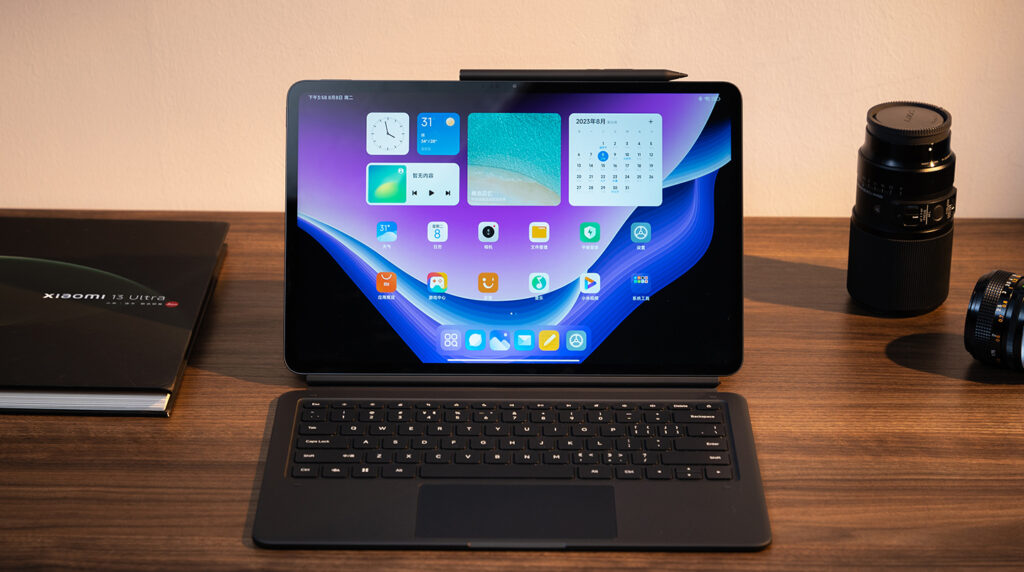
 Emir Bardakçı
Emir Bardakçı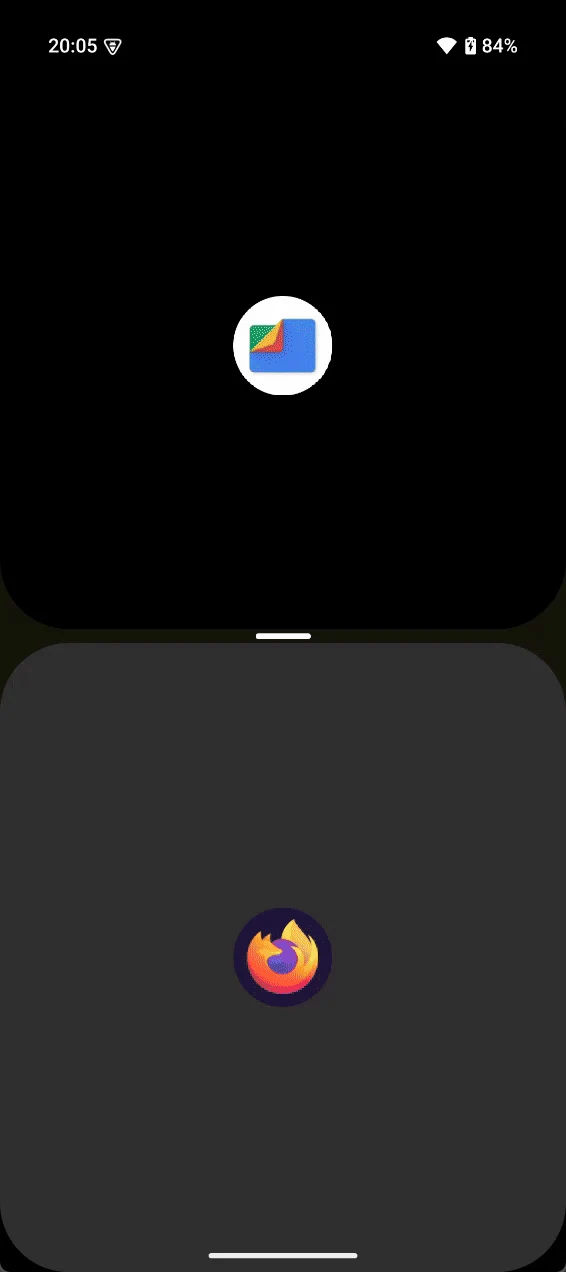
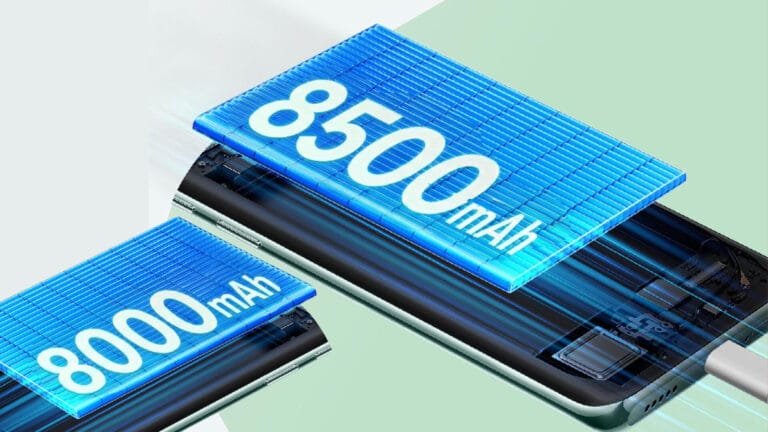
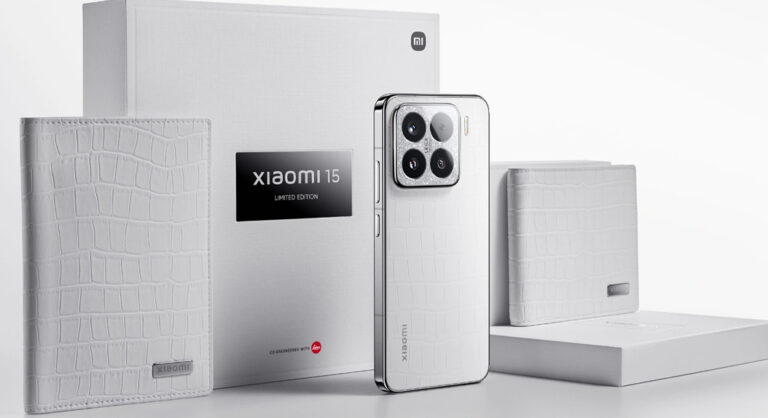
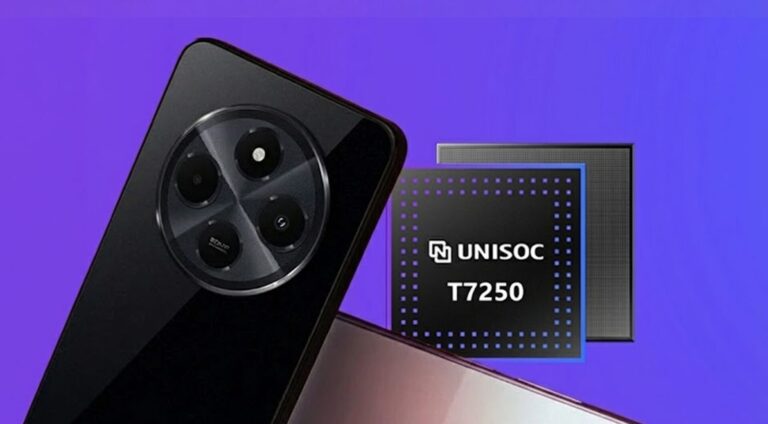
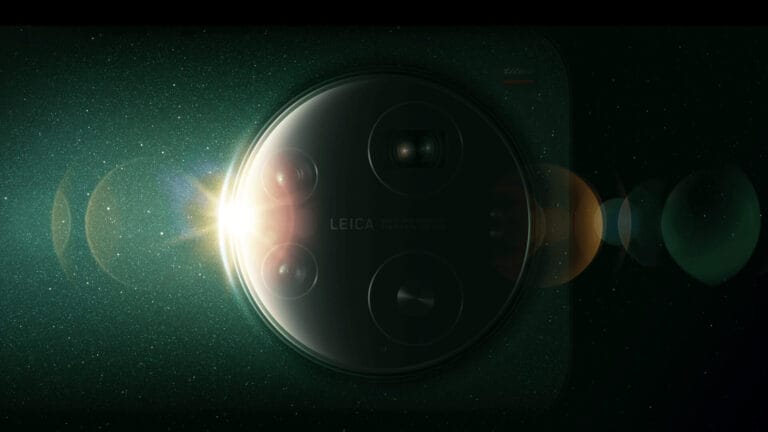
Wake me up when Android can support multiple open windows in any size and position, just like Windows, Unix/Linux and Macs have supported for around 40 years!
Then I’ll consider using it for my main computer.
This is my main worry about Google’s announcement that it is going to merge Android and ChromeOS, which risks reducing Chromebooks to nothing more than fat tablets